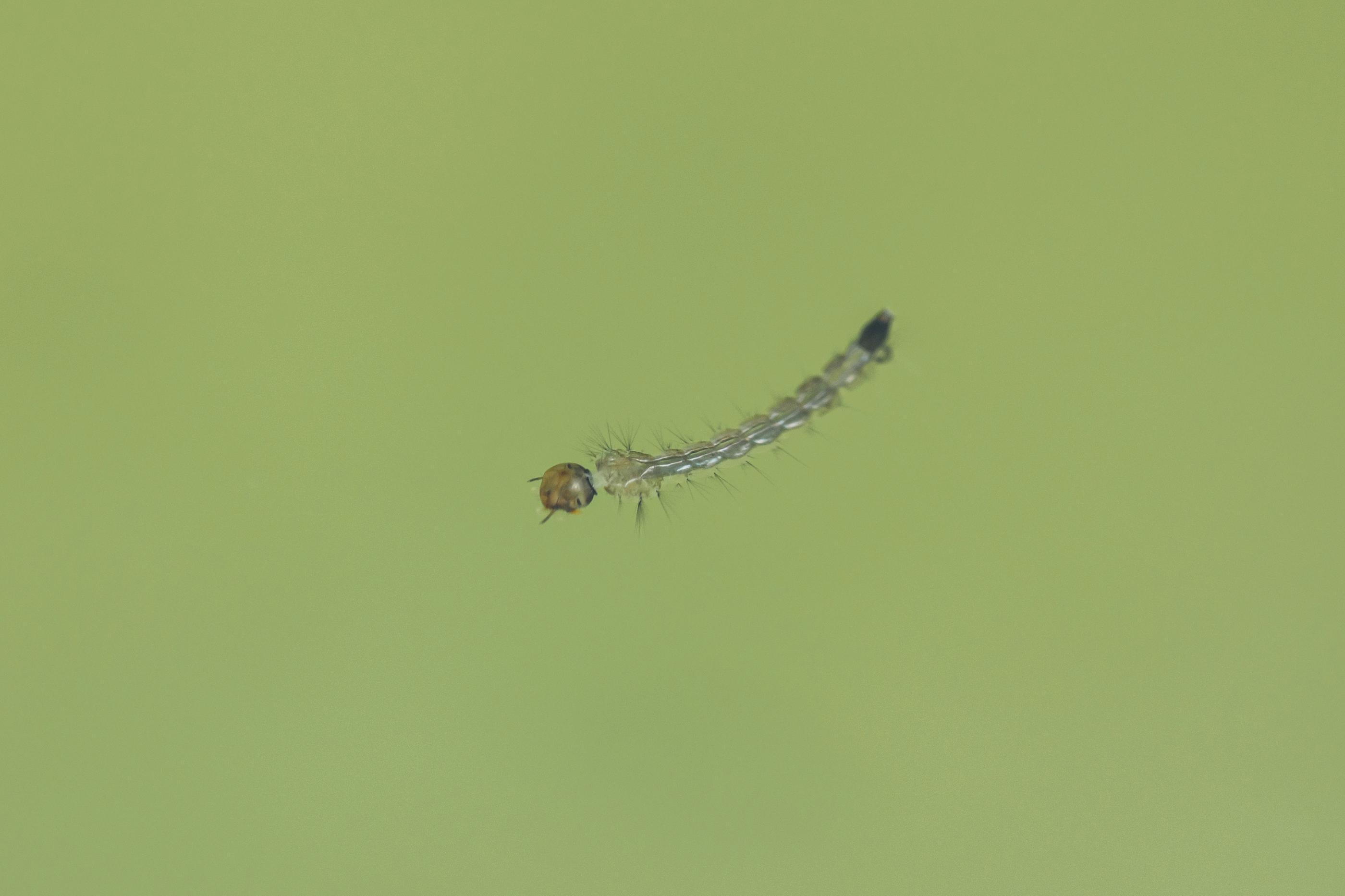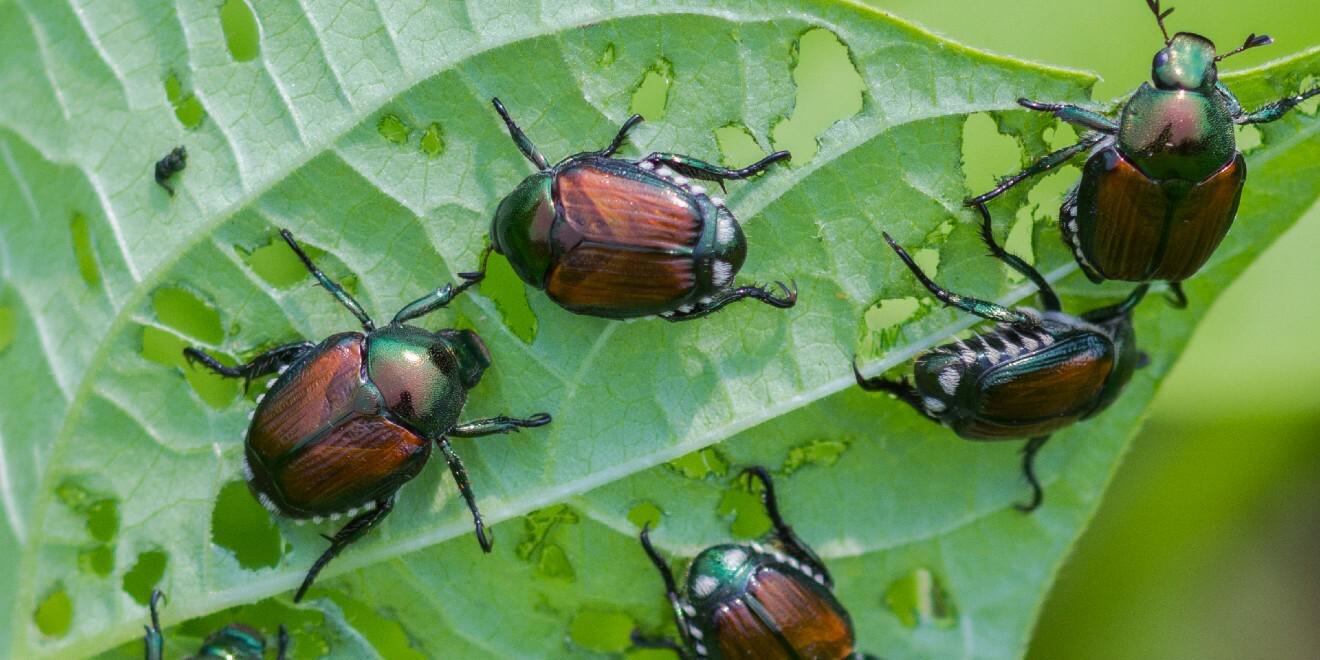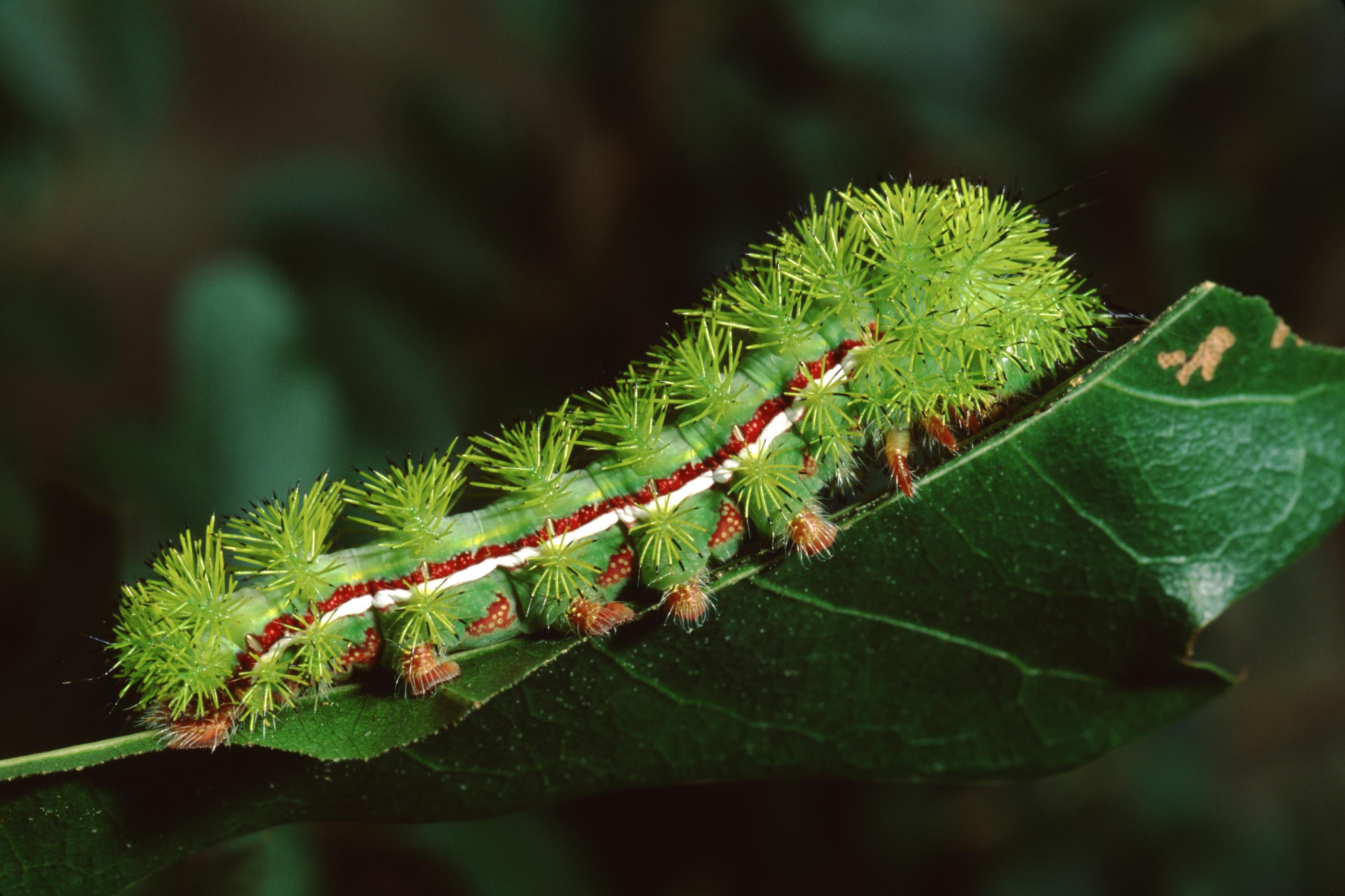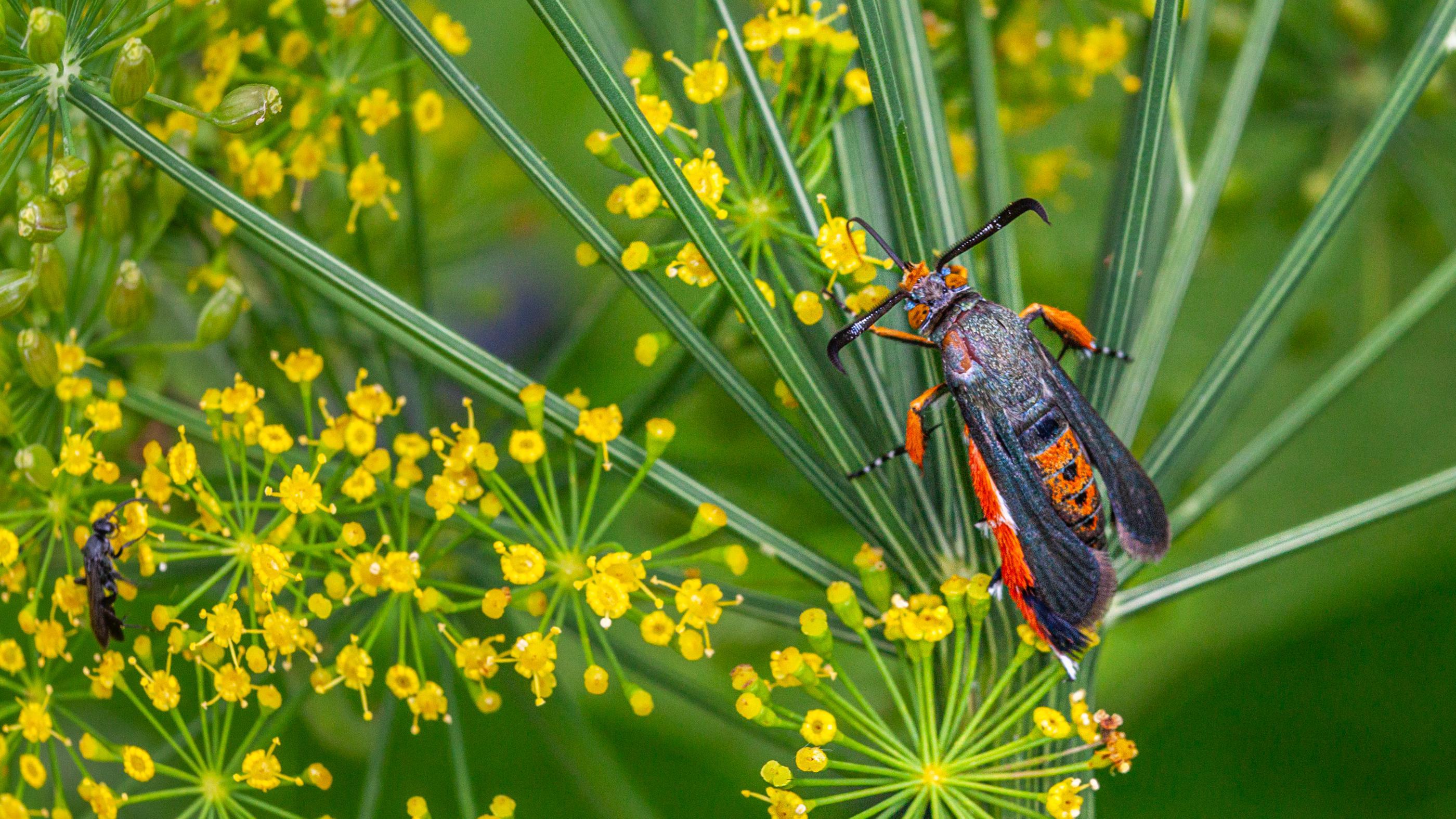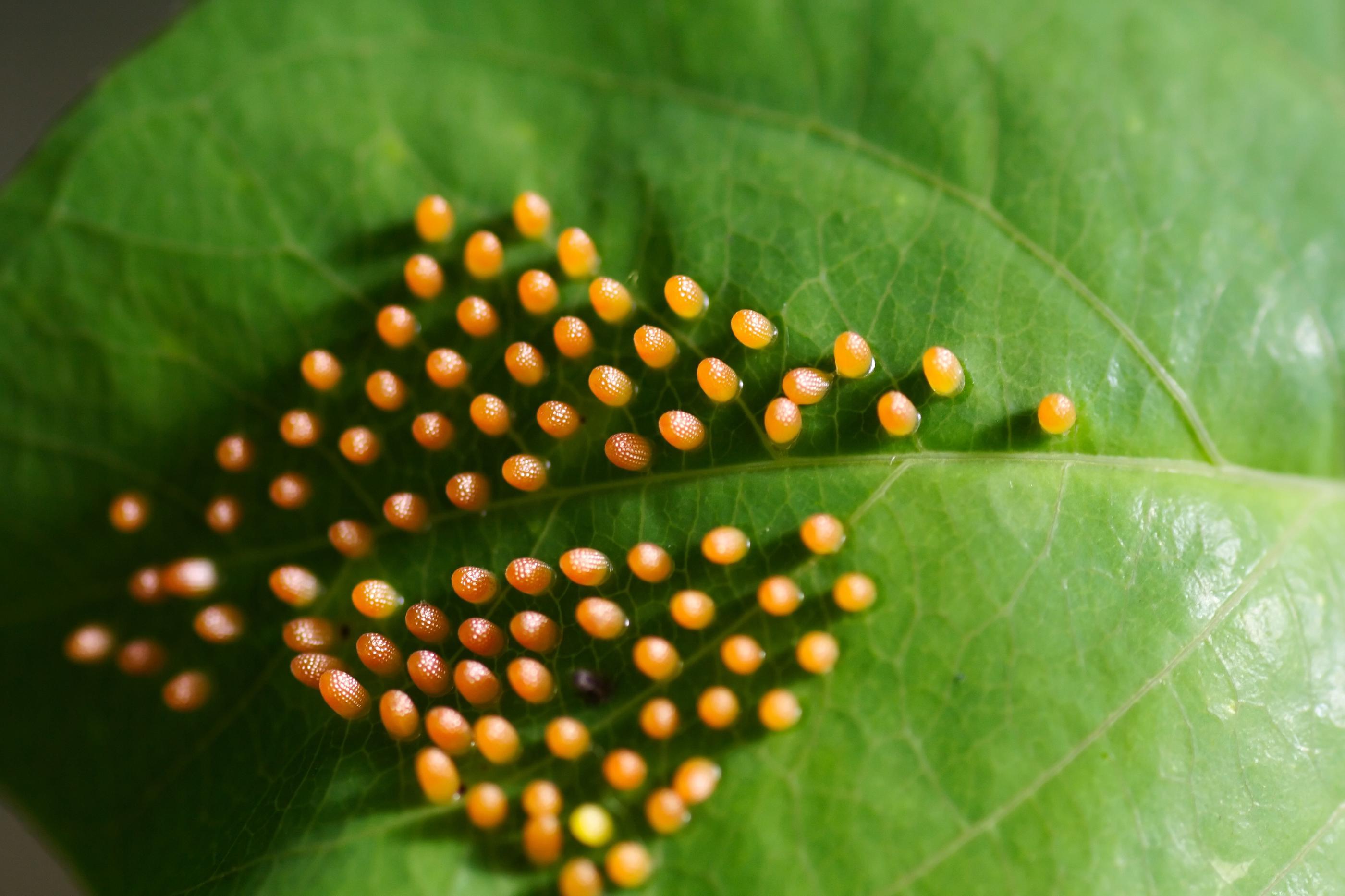Where Do Ticks Live in Massachusetts?
Posted by Mosquito Squad
December 20, 2023
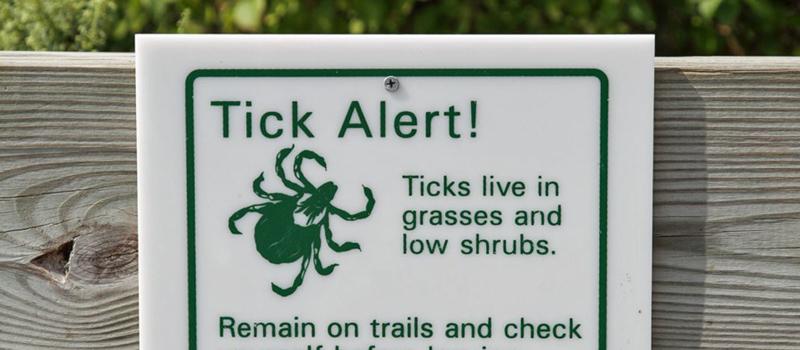
Although most ticks look the same at first glance, there are actually numerous tick varieties in the United States. Notably, each species can carry its own concoction of dangerous diseases. Read on to find out the risks this poses to Massachusetts residents.
Did you know that ticks can be found just about anywhere in Massachusetts?
Massachusetts is home to a couple different species – mainly deer ticks and dog ticks, but lone star ticks can be found in a few locations as well. Next to cockroaches, ticks are some of the most resilient insects commonly found in backyards. Indeed, it hardly matters to them at all whether you live in an area with sweeping natural landscapes, shoreline views, or vast suburban complexes. Few natural barriers can keep these creatures at bay. They are not so picky about where they live, and they often arrive in their domain by accidental transfer on an animal, person, or object. Ticks are essentially the parasitic hitchhikers of the animal kingdom, and while it might seem like ticks are impossible to control, there are measures you can take to defend yourself and your family against them.
Where do ticks live in Massachusetts?
Unfortunately for us, ticks exist all throughout Massachusetts, and their habitable regions are only expanding with climate change. Deer and dog ticks are the primary species that inhabit Massachusetts, so there are a couple concerns you need to be aware of. Both dog ticks and deer ticks are known carriers of disease. Of note, deer ticks are the carriers of Lyme disease, the most prevalent tick-borne disease in the United States. Ticks have a few life stages, starting with the nymph. While some tick species don’t typically transmit disease in their early stages, deer ticks can make you contract Lyme disease at any point in their life cycle. This disturbing fact is frequently made possible because of a nymph’s size: They can be the size of a poppy seed! Nymph deer ticks are virtually imperceptible unless you look for them, and their ability to avoid detection is a key reason why it is important to take defensive measure against ticks before they latch onto you.
Where on your Massachusetts property do ticks live?
Although ticks live throughout Massachusetts, they do prefer certain habitats. In particular, grassy, forested, or brush areas are the most likely to house ticks. Their preference for this habitat is troubling. Why? If your property contains any of these components there’s a good chance that ticks will find your yard and take a liking to it. Even leaf pile isn’t safe. Such a scenario puts your health and the health of your family at risk, so defensive measures against ticks are essential.
A little North Reading tick control will do you good!
Fortunately, tick control options are available to you! At Mosquito Squad, our most frequently used treatment option is our border protection mist, which kills and repels ticks for up to three weeks! With a monthly application, you can drastically reduce the tick population on your property for the entire summer. Our natural treatment, made from essential oils, is slightly less effective and long lasting, but it does give you an environmentally friendly option that remains effective. Finally, we also offer tick tubes. Tick tubes are biodegradable cylinders placed outdoors and filled with cotton that has been treated with a tick pesticide. Using the natural nesting instincts of mice, the cotton is incorporated in the mouse’s home where ticks like to hide out and grab an easy meal. Ticks die when they encounter the pesticide on the mouse, leaving the mouse unscathed and limiting the transmission of Lyme disease. That’s right, mice are one of the main sources for Lyme disease and eliminating the ticks that target mice greatly decreases the chances that a tick on your property will infect you.
If you have additional questions our North Reading tick control, Mosquito Squad of North Shore is here for you. Give us a call at (978) 597-7168.

